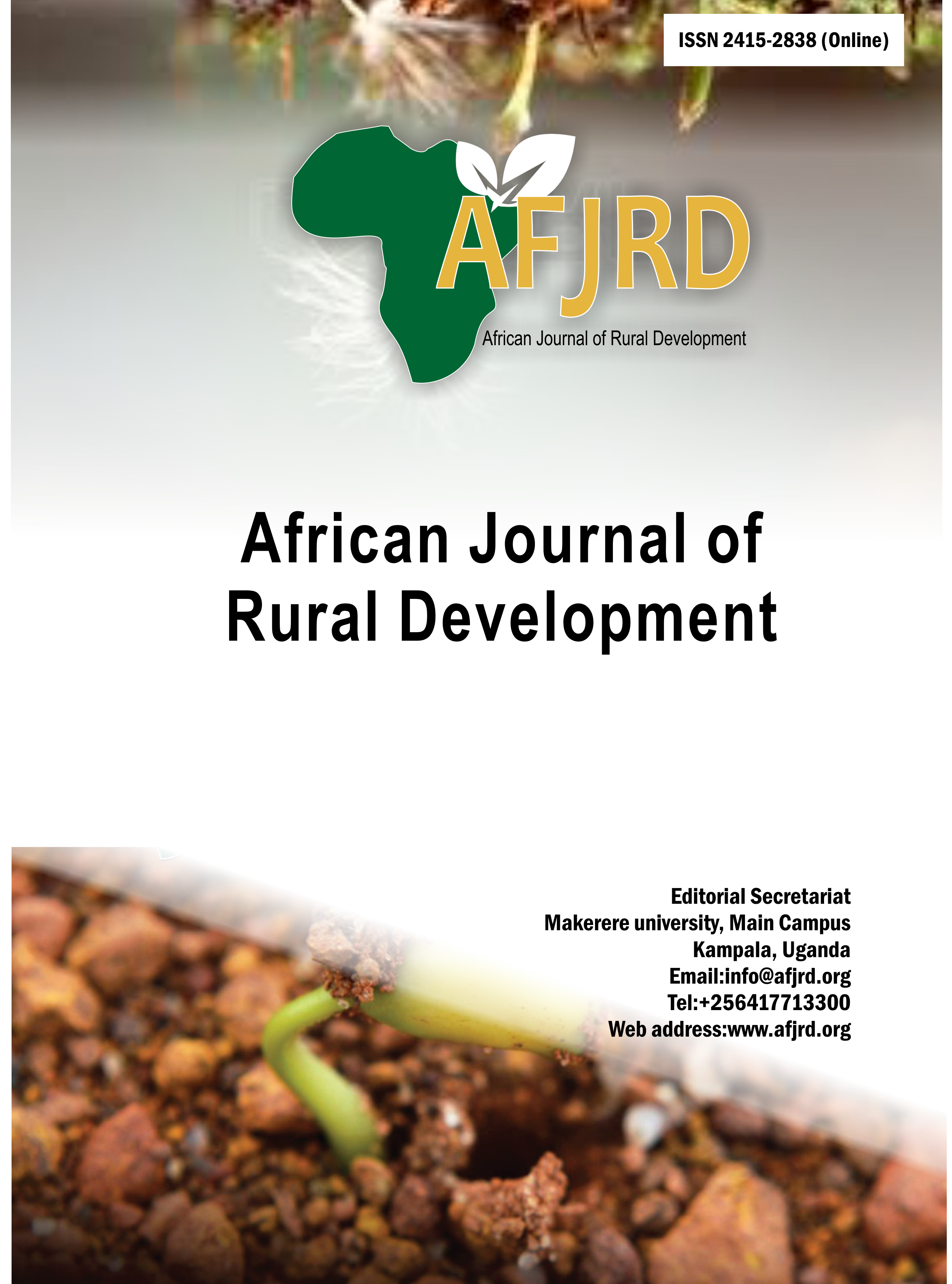ASSESSMENT OF THE IMPACT OF MUNICIPAL FOOD WASTE ON FOOD SECURITY: A REVIEW
Main Article Content
Abstract
Municipal food waste has emerged as a significant economic and environmental challenge globally. Millions of tons of edible foods are discarded yearly, contributing to a substantial waste problem that exacerbates greenhouse gas emissions and strains municipal waste systems. The rapid growth of the population in urban cities intensifies pressure on food systems, leading to significant food losses at various points in the supply chain, ranging from production to consumption. The study examined these issues using desk-based and comparative methodologies gathering data from policymakers, food producers, retailers, consumers, and Non-Governmental Organisations reports. Data revealed that perishability, low consumer awareness, weak policy frameworks, poor storage, and processing infrastructure as key barriers. Overcoming these challenges will require coordinated efforts from both the public and private sectors, focusing on consumer education, infrastructure investments, and policy reforms to reduce or eliminate food waste to enhance food security and economic boost in urban cities across the African continent. Health, economic and environmental benefits could be derived from reducing municipal waste. Hence, all stakeholders in the food value chain should take the necessary steps to implement these actions to achieve sustainable food production and consumption in African urban cities.
Article Details

This work is licensed under a Creative Commons Attribution 4.0 International License.
